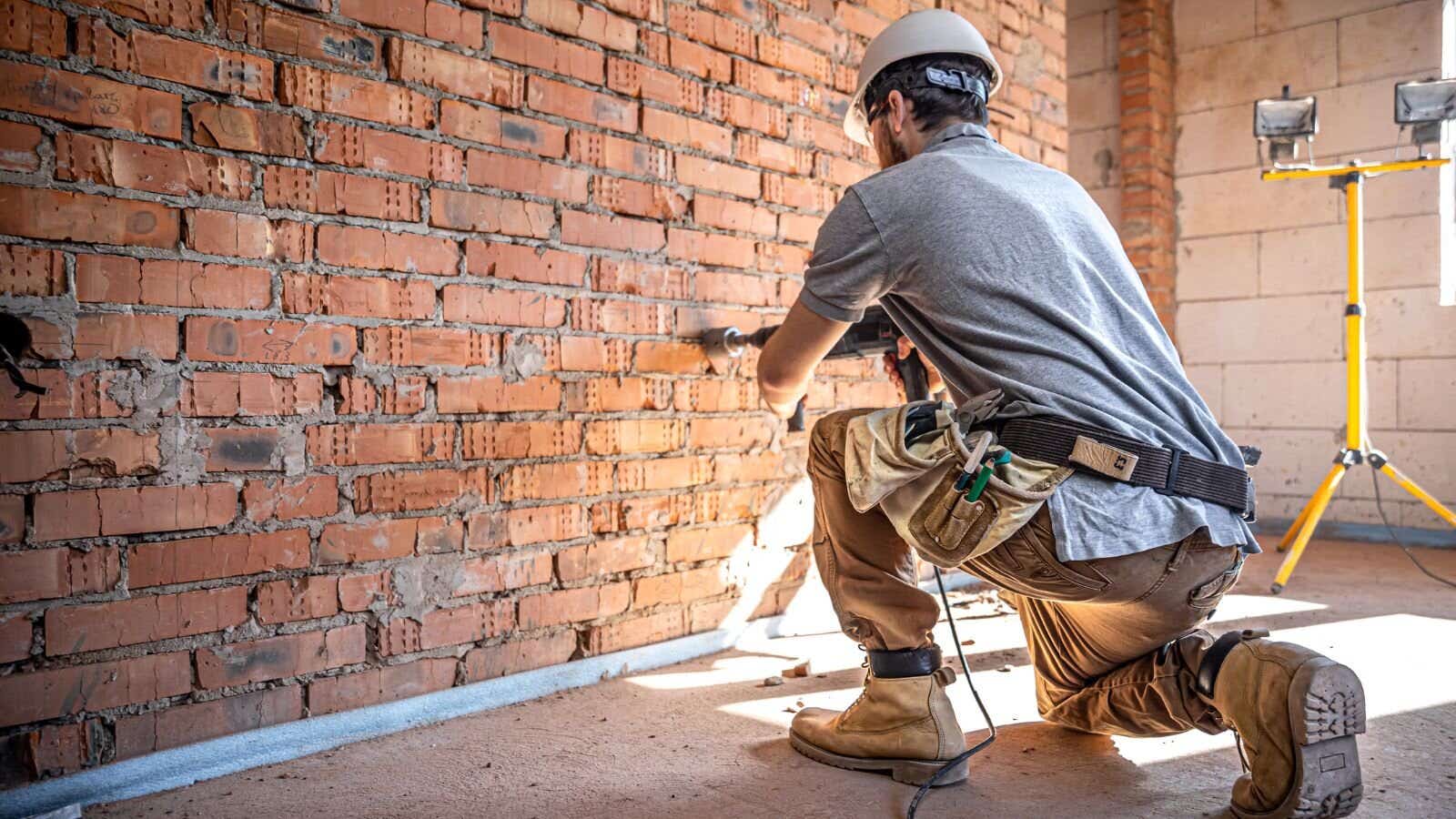How to deal with shoddy workmanship


What are my rights with poor workmanship?
Under the Consumer Rights Act 2015, you can expect services to be provided with skill and reasonable care. In addition, there are a set of minimum standards that must be abided by, including:
- Any information provided in a written or verbal format is binding, if the customer relies on it
- If the fee isn’t agreed before work starts, it must be provided for a reasonable price
- The service must be carried out with reasonable care and skill and in a reasonable time – unless a particular timescale had been set out and agreed
You can request a remedy if the service provided doesn't meet these points. As a result, the trader should then either:
- Redo the element of the job that isn't up to good standard
- Redo the entire job at no extra cost and within a reasonable time frame
If neither is possible, you're well within your rights to request a price reduction. The quality of the original work should dictate how much the cost is reduced by. You should receive your price reduction within 14 days of any agreement.
Can I refuse to pay for bad workmanship?
This is an option, but it can only be a reasonable amount to reflect the work that isn't up to a good enough standard.
Let's say you've agreed to have a company complete a porch extension on your house, for example. If the project is completed and the only issue is a faulty door handle, your refusal can only reflect the overall standard of work. In essance, you should only refuse to pay for the handle and not the rest of project.
Does home insurance cover poor workmanship?
It can be dependent on who completed the work and exactly what you're claiming for when it comes to unsuccessful home projects. The circumstances of your project are likely to dictate exactly how much assistance home insurance can provide you with:
DIY projects
When it comes to specialist projects involving gas, plumbing and electrical work - it should only be completed by a qualified tradesperson. If you attempt to do this youself, you may not be covered by a home insurance policy.
Accidental damage cover is sometimes included as standard with a home buildings and contents insurance policy, typically it's an optional extra. This can cover you for accidents such as spilling paint on carpets, for example. But you'll need to check your policy terms to see exactly what's covered, especially if you're taking on a home project yourself.
Projects completed by a tradesperson
This is where legal expenses cover could provide an important safety net if you need to make a claim. It may come as standard with home insurance or as an optional add-on product, but can give you financial protection up to set amount.
With legal cover, you may have access to legal services advice where you can explain your situation and discuss the options available to you. It's important you try and reach an agreement with the tradesperson responsible for the work carried out to begin with.
But if this is unsucessful, you could take legal action. If your legal representation believe the case has a high chance of winning, your cover could pay for costs.
Compare home insurance quotes
See a range of home insurance quotes in just a few minutes when you compare with Uswitch
How to handle poor workmanship
You should attempt to resolve a dispute with the tradesperson who completed work, there are a number of way you can do this:
1. Speak to your trader: Contact the tradesperson responsible for the work and explain how you want the situation remedied. If you can agree upon a solution, you should takes notes of your communications and set out a reasonable timeframe for further work to be completed.
2. Gather evidence: Make sure you keep copies of any paperwork and communication with the tradesperson relating to the completed work.
It's worth collating everything you can, including:
- Contracts and receipts
- Written correspondence including emails and messages
- Photographs and videos
- Information such as the dates and times when work was completed
3. File a complaint with your builder: If you can't reach an agreement, check whether the company or tradesperson has an official complaints procedure.
If not, you should check to see if the builder is a member of a trade association for further advice. You can also use Citizens Advice’s poor workmanship complaint letter template. This can help you progress your complaint, if you decide to make one.
4. Try an alternative dispute resolution: You can still reach a resolution without going to court even if previous efforts haven't worked. Alternative Dispute Resolution (ADR) can settle disputes between consumers and traders while offering mediation and arbitration.
Builders don't have to be part of an ADR scheme. If they are, they can use a recognised ADR process as part of the Federation of Master Builders, and usually have a trusted trademark.
During the ADR process you should present all of the evidence you have collated, this is why it's important to gather as much as possible.
If you still haven't reached a resolution, you can take the matter to the small claims court to present your case. Bear in mind, this is only applicable if you’re claiming back less than £10,000 in England and Wales, while it's capped at £3,000 in Northern Ireland. In Scotland, it's known as ‘Simple Procedure’ with a maximum of £5,000.
5. Speak to your home insurance provider: You should speak to your home insurance provider if ADR isn't an option. You can discuss an appropriate course of action, including the possibility of legal proceedings.
If you do decide to take the builder to court, you need to check whether you have legal expenses cover inlucded in your policy. If you do, it's important to note the amount you have covered for.
Even if you have this type of cover, your case may only be progressed if your provider believes you have a reasonable chance of winning.
6. Suing your tradesperson:
You can still decide to progress with legal action if:
- Legal expenses cover isn't included in your policy
- Your home insurance provider decides against pursuing the case
- The tradesperson responsible isn't part of an ADR scheme
Whatever course of action you take, just remember that taking the matter to court can be costly. That's why it's important to assess all of your options before you do so.
What counts as poor workmanship?
Planning a home improvement should be an exciting project, but unfortunately issues can arise from poor build quality. These can include:
- Failure to plan the project accordingly
- Inexperience or carelessness when executing the build
- Cutting corners such as using materials of an inferior quality
If you experience any of these issues, you're within your rights to raise concern and request a resolution.